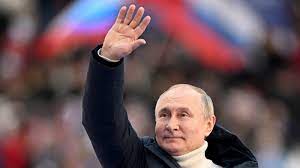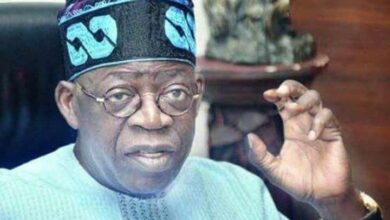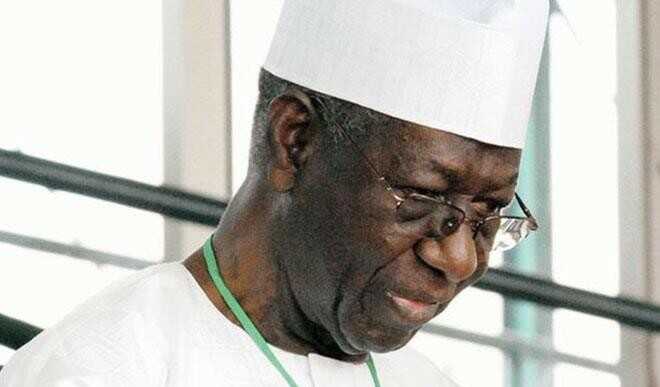Vladimir Putin’s approval rises to 81% among Russians since invasion of Ukraine

State-run VTsIOM said that as many as 78.9 per cent of Russians in its latest survey approved of President Vladimir Putin’s actions as opposed to 64.3 per cent in the poll conducted before the start of the invasion of Ukraine.
A survey by state-run pollster Russian Public Opinion Research Center (VTsIOM) published on Friday found a significant rise in trust among the country’s citizens on their President Vladimir Putin since the invasion of Ukraine. According to the findings, his approval rating has soared to 81.6 per cent from 67.2 per cent since the war began on February 24.
VTsIOM said as many as 78.9 per cent of the respondents in its latest survey approved of Putin’s actions as opposed to 64.3 per cent in the poll conducted before the start of Russia’s military onslaught on its pro-Western neighbour. The percentage of citizens who disapproved of his actions dropped to 12.9 per cent from the earlier 24.4 per cent.

The pollster said the survey responses were gathered between March 28 and April 4.
According to Reuters, the current survey by VTsIOM is similar to the one conducted by the independent Levada Center on March 30 wherein the proportion of Russians approving Putin’s actions surged to 83 per cent from 71 per cent in February.
In 2014 when Russia annexed the Crimean Peninsula from Ukraine, the Russian president’s approval rating had witnessed a comparable rise.
The Reuters report added that since February 24, Russia – where in the past media outlets diverging from government policy were shut down – has further curtailed access to foreign media and social media. Last month, Russia blocked access to major social media platforms such as Facebook, Twitter, Instagram and Google news service.
The Russian invasion of Ukraine, which the Kremlin has called a “special military operation” and said is aimed at demilitarising and “denazifying” the current regime of its former Soviet neighbour, has led to the biggest humanitarian crisis since the Second World War.
According to the United Nations refugee agency UNHCR, more than 4.3 million Ukrainians have fled the country and 7.1 million have been displaced internally. The fleeing refugees have triggered a crisis in Ukraine’s neighbouring nations, especially Poland.
Russia and Ukraine have conducted several rounds of talks so far but none has led to the end of war. The biggest breakthrough achieved during their last talks – a face-to-face one, on March 29 in Turkey, was Moscow promising to drastically take back its forces from around Ukrainian capital Kyiv and Chernihiv.
However, only four days later, bodies of at least 20 people in civillian clothes and 300 mass graves were found in the Ukrainian town of Bucha – situated northwest of Kyiv. Ukraine has alleged that retreating Russian forces executed the civilians, but Russia has consistently rubbished the claims, calling them “fake propaganda”.
The killings have triggered the US and its western allies, including the UK and the European Union (EU), to pass more sanctions against Russia. Earlier in the day, the EU adopted its fifth wave of sanctions, including ban on Russian coal imports and barring its ships from European ports. The bloc also imposed sanctions on Putin’s two adult daughters – mirroring the moves by the US and the UK.
Source: Hindustan









